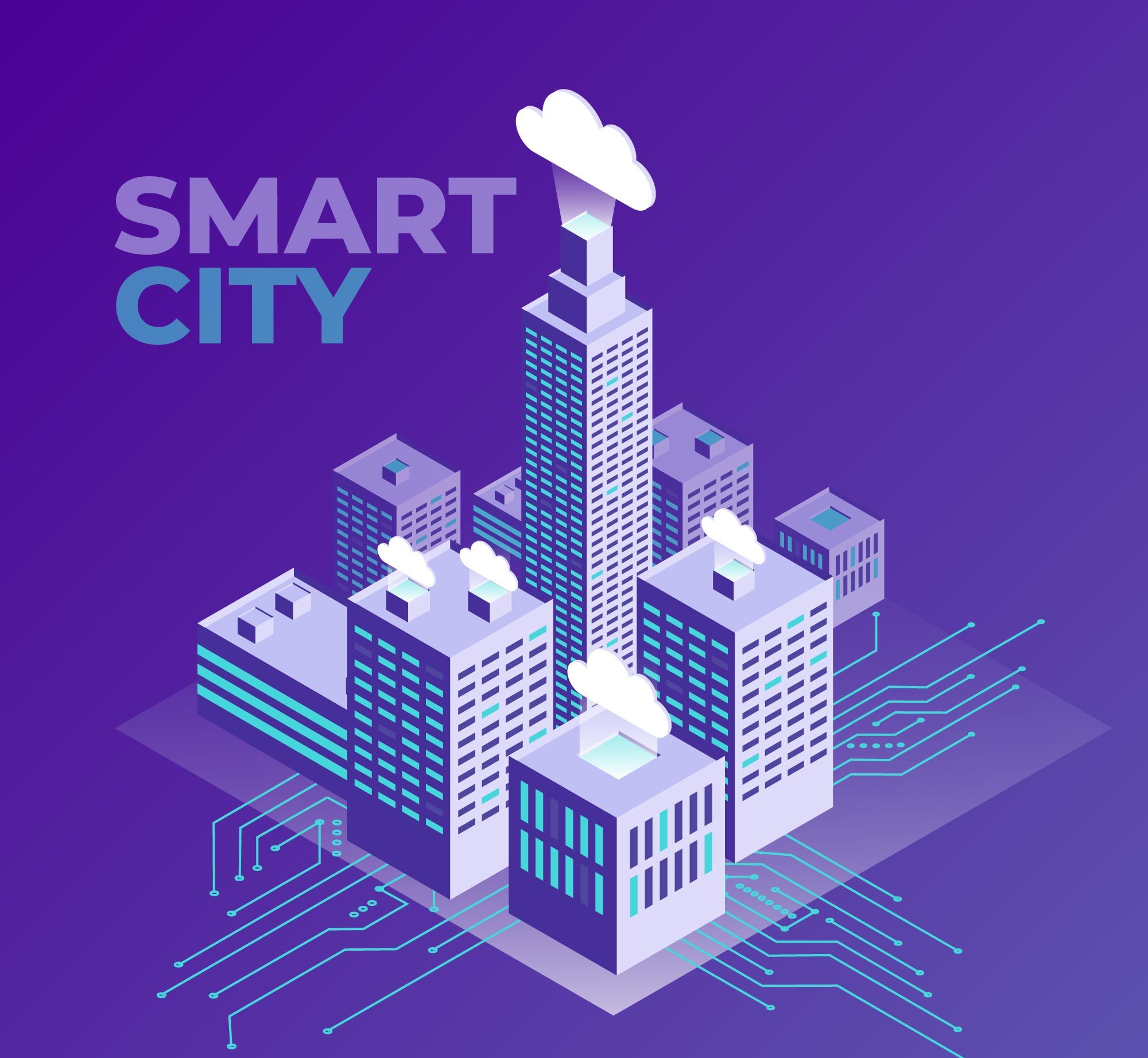ICT in Smart Cities (Information and Communication Technology) is a cornerstone of urban development in the 21st century. As cities grow and face challenges such as population density, traffic congestion, and environmental sustainability, the use of ICT in managing and optimizing city infrastructure is becoming increasingly vital. This guide explores the role of ICT in Smart Cities and how it is shaping the urban future.
1. The Role of ICT in Smart City Infrastructure
The integration of ICT plays a key role in modernizing infrastructure, including transportation systems, utilities, and communication networks. For instance, smart traffic management systems utilize real-time data to optimize traffic flow, reducing congestion and improving public transportation services. Cities like Singapore and Barcelona have leveraged ICT to enhance their transportation infrastructure, creating a seamless urban experience for residents and visitors alike.
2. ICT for Sustainable Development
One of the primary goals of ICT in Smart Cities is to promote sustainable development. By implementing energy-efficient technologies, cities can reduce their carbon footprint and make better use of renewable resources. Smart grids, for example, allow cities to monitor and manage electricity consumption, ensuring that energy is distributed more efficiently. This not only cuts down on waste but also helps in minimizing the overall environmental impact.
3. Enhancing Public Safety through ICT
ICT in Smart Cities is also crucial for enhancing public safety. Through the deployment of smart surveillance systems and emergency response technologies, city officials can monitor urban areas more effectively and respond to incidents quickly. Real-time data from sensors and IoT devices provide insights into crime patterns, traffic accidents, and natural disasters, enabling authorities to make informed decisions and keep citizens safe.
4. Improving Citizen Engagement with ICT in Smart Cities
One of the transformative aspects of ICT in Smart Cities is its ability to improve citizen engagement. Through mobile applications, social media platforms, and other digital channels, citizens can actively participate in city planning, provide feedback, and report issues in real-time. This two-way communication between city officials and residents fosters a more inclusive approach to urban development, ensuring that the needs of the community are addressed efficiently.
Conclusion
The use of ICT in Smart Cities is revolutionizing urban living by creating more sustainable, efficient, and secure environments. From smart infrastructure to enhanced public safety, the impact of ICT on city management is immense. As more cities adopt these technologies, the urban future will continue to evolve towards a more connected and intelligent reality. For further insights into how ICT is shaping urban development, visit Bedots.
Read more: Digital Twins: Bridging the Physical and Digital Worlds



